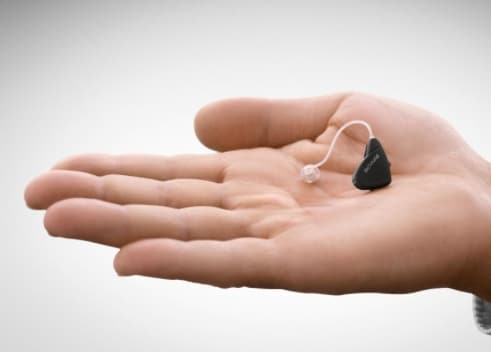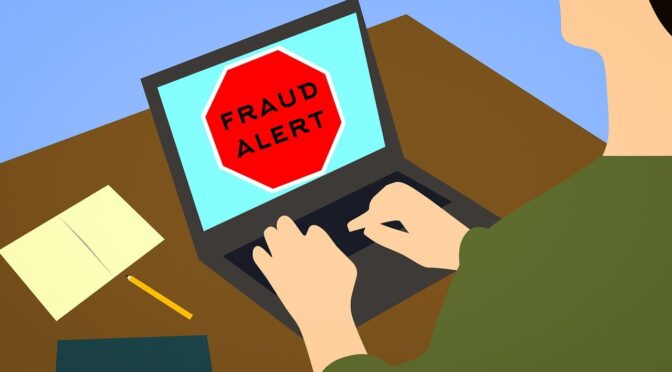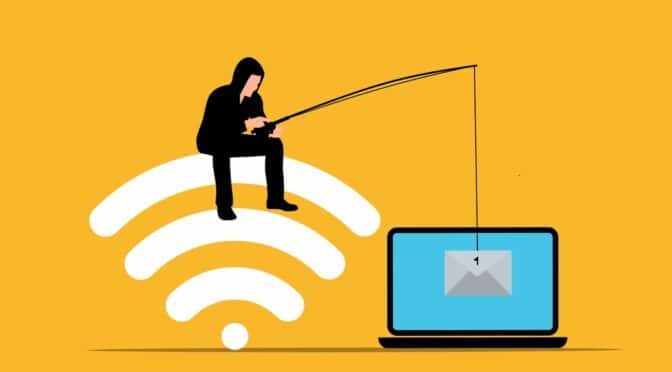Janice S. Lintz became a passionate advocate for people who are deaf or hard-of-hearing after doctors diagnosed her two-and-half-year-old daughter with hearing loss.
“We were immediately told everything she could not do, ” she recalled. “That was not going to be my life so I decided to change the world.”
Perhaps because the mom of two, lawyer and litigator, lives in cultural capital New York City, she set out to begin to improve the cultural experience for her daughter and others.
She successfully pushed for enhanced sound amplification in theaters and cultural arenas, as well as government agencies and businesses, to help people who use hearing aids and cochlear implants.
The system, which became an international standard, uses an electromagnetic coil that wirelessly transmits sound to hearing aids and implants.
Her daughter is now twenty and a junior in college. But Janice worries about what will happen much later in her daughter’s life and again aimed her advocacy to benefit millions.
It may surprise Baby Boomers to learn that Medicare doesn’t cover hearing aids.

MEDICARE SHOULD COVER HEARING AIDS
by Janice S. Lintz
Hearing loss is one of the most misunderstood disabilities, and because it is invisible, it is frequently overlooked, neglected and forgotten. Many assume it doesn’t require any special attention or services even though it interferes with virtually every aspect of a person’s life.
I think most people find it shocking when they learn hearing aids are not covered by Medicare or by most insurance policies.
This is particularly disturbing because of the huge number of people who suffer from hearing loss. A study by researchers at Johns Hopkins University suggests that 48 million Americans have some form of hearing loss. Many cannot afford to buy hearing aids.
The negative impact is significant.
Hearing aids help people to function better in all aspects of their lives. They allow you to get and keep a job. People with severe hearing loss who didn’t have hearing aids had unemployment rates of 15.6 percent, or double that of the general population (7.8 percent), according to the Johns Hopkins study.
Hearing aids also prevent communication issues and isolation. A person who cannot hear has difficulty communicating and understanding what’s going on. A growing body of research shows that untreated hearing loss in older adults can lead to cognitive decline, isolation, depression and possibly even dementia
Social situations are particularly difficult for many people with hearing loss. When they cannot hear well enough to understand a conversation, or listen to a TV show or other entertainment, they resort to bluffing and withdrawal.
Having access to hearing aids enables people with hearing loss to participate fully in life.
Despite these findings, only 25 percent of people who could benefit from hearings aids get them. It’s true that many think there’s a stigma associated with wearing hearing aids. But many more simply can’t afford them.
A pair of hearing aids costs upwards of $7,000. Hearing aids are absent from the Essential Health Benefits (EHB) outline in the Affordable Care Act (ACA), leaving coverage solely to the discretion of state health insurance plans. As a result, hearing aid coverage varies dramatically by state.
Some states, such as Arizona, cover hearing aids and others do not. New Jersey covers hearing aids for children up to fifteen . Any insurance plan that is self-funded can opt out even if the state mandates hearing aid coverage. This would not be possible if hearing aids were mandated under the Affordable Care Act. All plans across the U.S. would need to uniformly offer the same coverage in every state.
The ACA requires the Secretary of Health and Human Services to take into account the health care needs of specific groups, including people with disabilities. But hearing aids fall by the wayside.
We need Congress to rectify this and ensure coverage of properly fitted hearing aids and aural rehabilitation services as part of the Essential Health Benefits under the Affordable Care Act.
Democratic Congressman Cartwright from Erie, Pennsylvania, introduced HR 3150 to cover hearing aids under Medicare. This bill will at least close the loophole for Medicare recipients.
SIGN THE PETITION
Sign our petition to get this bill passed.
Please contact your Congress member and urge him or her to support this bill.
Janice Lintz is CEO of Hearing Access & Innovations
Comment. Share.
You might also like: Figuring Out Medicare Choices




We need advocacy for lower priced, good quality hearing aids. A lot of cheap junk is available.
As a senior with some hearing loss I have had to “experience” the world of hearing aids. They are overpriced, excessively delicate, easily lost and the warranties inhale deeply. Health insurance should be required to at a minimum participate in this area of health. As many have found, the impacts to life from poor hearing are legion. I don’t know if the commercial sector can be convinced of the need for reform. I would doubt it. Another model may be viable, the non profit route. Mozilla has done it with software, Kickstarter and crowd funding is a reality so there are possibilities. We can also address some of the issues such as accidental loss of one or more aids ourselves. For example, some of the Oticon aids lend themselves to attaching invisible, very light fishing line to the aid and a clip on a shirt collar. I am prototyping this idea and have had unexpectedly viable results with Version 1.0. I may try to create a Youtube video or such to make the idea more widely available. Legislation can help and needs to be carefully crafted to achieve a balance of benefit and cost containment. To simply make coverage a requirement would aggravate an already badly stressed system. Elements of such legislation need to include durability requirements, cost containment and loss control provisions. There are other areas to be sure.
Jeff thanks for your thoughtful comment. When your video is ready, we’d like to take a look at it. Perhaps we can post it here.
You should listen to Deaf human beings stories about their struggles within our society that is generally hostile toward their practice. I firmly believe that we are open to hearing people but we were often meted out by something unknown and unfamiliar–the world of sounds. We are unable to produce these sounds spontaneously so we sound “funny” to them in the same manner that their skills in American Sign Language, for short, ASL. For example, look “funny” to us. Until the day we practice the Martha’s Vineyard Island communication system in which signs and words were never merged into a single discourse, we will have healthy objectives and goals. Telling deaf people to come to hearing people is like telling women to come to men…a hate crime! It goes the same for hearing aids and cochlear implants. Those stuff does not work at all. I was a hearing aid user until I was 16 years old. Leave Deaf people alone and let them have the pursuit of happiness. Thanks!
-JT
Hearing aid prices are greatly inflated due to the fact they are not a benefit under most insurance plans. It isn’t necessary that all people with hear problems get them free. Poor and low or fixed income (Social Security) should get the deepest discounts – or in particular cases – free. Just having large insurance companies or Medicare, in particular, become involved – would change the financial picture dramatically by negotiating with specific vendors to be “preferred vendors”. Heart implant devices, and other devices are covered by Medicare – and they have specific allowances. It is strange – but the good devices seem to be able to work within the limits of the Medicare allowances. Right now – with nothing being provided, the class of people needing hearing aids are becoming more isolated – which effects many other medical problems and potential accident problems. Hence, the savings of not covering hearing aids – masks the many other costs that Medicare has to pay for. Again – free can be for those in critical need and have big financial barriers – discounted, through the pressure of Medicare could bring some early stage relief to Social Security seniors. The technology and marketing of hearing aids is such that they cost $7,000 for a pair, is greatly inflated. I have an implanted ICD device for my heart that is a marvel of technology – it cost less than a hearing aid due to Medicare coverage. It wasn’t free, my copay was about $900. High, but manageable.
Dennis Gerber
dennisgerber42@gmail.com
Sounds like we need advocacy for lower priced hearing aids.